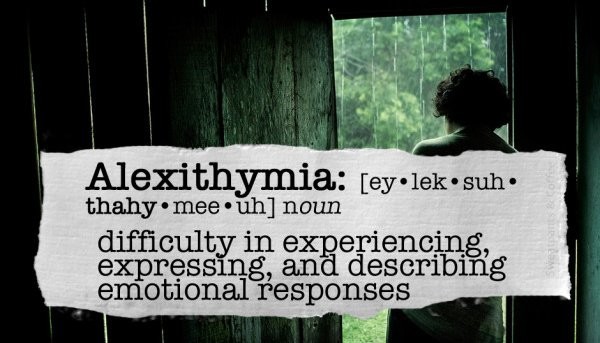After a rainy trip with Via and a somewhat confused wander of the streets of Toronto (dang sense of direction), I was comfortably ensconced in my hotel and headed down to the opening session, this one called H.E.A.R. MS, meant to gather people with MS and researchers together to chat about the lived experience of people with MS and the researchers working to improve it.
The opening panel discussion featured Dr. Dalia Rotstein who told us very exciting things about research into the Epstein-Barr virus and its role in causing MS. Vaccines are in development, and perhaps this will stop new cases of MS as infection with Epstein-Barr is a necessary but not sufficient condition to cause MS.
She also spoke about research around disability progression, how it is determined (EDSS being seen as far too blunt and outdated at this point). The researchers at our table are working on identifying biomarkers to trace progression which is exciting except I wonder what use it will be in the short term when there are so few solutions to progressive disease. In the future and working backwards from the markers they find, they may come upon a way to act upon the source.
She was very excited about the various therapies that have been developed and are being developed - B cell therapies have been very good at stopping the disease if given early on. There are new things being evaluated that cross the blood brain barrier and they are being tested right now. She also talked about digital devices that could be used to monitor progression, and the need to understand better the 'slow accumulation in the absence of relapses.'
The other speaker was Alexander Bar, a youngish man and parent of two who was felled by progressive MS a couple of years ago and who now needs a wheelchair for transport. He spoke strongly about the need for removal of red tape so we can do more drug trials here in Canada - he's going to Jerusalem for one now (thought not right now) and another in Sydney.
He also spoke about the changes in MS, how you have to evaluate the situation and yourself every day, decide what to tell the neighbours, the family. He's had to change a lot of things, telling us how MS is like playing in a sandbox that keeps getting smaller, "and all the toys are taken away."
Still, he was very positive, reminding us that although we can't control what happens to us, we can control how we respond to the changes.
And then we all got to chat together with our table and share experiences and discuss progress. We had at our table three people with MS, all of a certain age, all of whom had had very different stories about their disease. In addition, we had two researchers from Memorial University who were looking at biomarkers, and a physiatrist resident who helps run the excellent Neurosask program from Saskatchewan. He said that there are over 300 people who sign on to one of the twice weekly sessions - have you?
All in all an exciting and friendly start to the conference. I'm looking forward to the sessions tomorrow!












